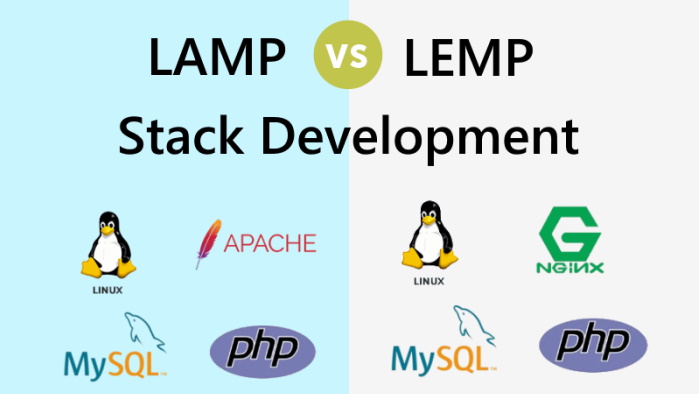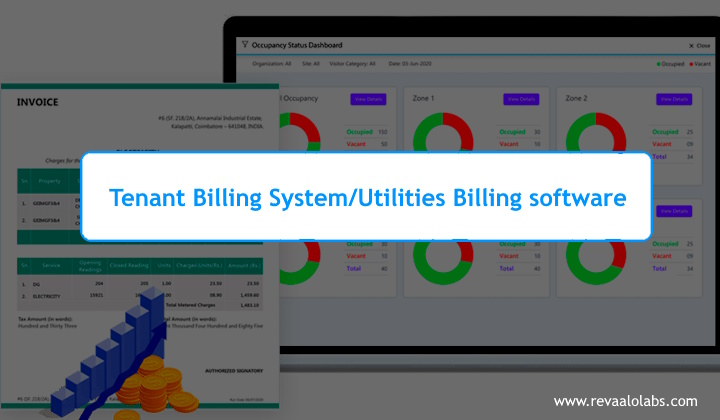#LAMP #LEMP

When you’re building your first server, one of the first decisions you’ll face is choosing between web stack such as LAMP vs LEMP for your website. A web stack is a collection of software or technologies that are used to build a web application. Choices are plenty, but picking one can be hard.
To know the difference between the LAMP stack and LEMP stack architectures, first, we need to know the basics.
What is LAMP?
LAMP is an acronym for Linux, Apache, MySQL, and PHP. Each of these components is open source and free to use, which has helped contribute to their popularity.
The lamp stack is probably the most common stack used for hosting websites and web applications, especially small to medium-sized sites.
LAMP is an idea that originated with German tech writer Michael Kunze in 1998.
Advantages and Disadvantages of LAMP Stack
Advantages LAMP:
Advantages LAMP:
What is LEMP?
LEMP is also a bundle of Server Applications with Linux OS, eNgine-X(Nginx) Web server, Mysql / MariaDB Database, and PHP/Perl Language.
The operating system used in a LEMP stack is the same as a LAMP stack, i.e., Linux. Linux is a highly versatile and user-friendly operating system. Therefore, it’s a constant between most web application stacks due to its high reliability and open-source nature.
Advantages and Disadvantages of LEMP Stack
Advantages LEMP:
Disadvantages of LEMP:
Difference between LEMP and LAMP stack:
LAMP vs LEMP: Which Is Better?
Both LAMP and LEMP stacks are perfect web stacks for building websites. When choosing between the two, you should look at your specific use case and evaluate the pros and cons of both stacks for your unique scenario.
If you need the added features of Nginx like SSL termination or reverse proxy functionality, you can opt for a LEMP stack. But, if you want a basic website that doesn’t need the extra bells and whistles of Nginx, you can use a LAMP stack.
Hope you liked it. If you have any requirement related to Software Development feel free to connect with Revaalo labs your one stop solution for Digital Transformation needs.

One of the most critical decisions website developers must make is deciding what unit of measurement to use when sizing elements, fonts, and other design properties.
Read more
It`s an amazing technology-one that will help us solve society`s toughest problems and reshape the world.
Read more13
December

Today, web browsers play a significant role in our lives, providing us with access to a world of information and possibilities.
Read more
Power BI is a popular business intelligence tool developed by Microsoft for data visualization and analysis. While Power BI is a robust solution, there are several alternatives available that cater to different needs and preferences.
Read more09
October

Tenant billing systems are software solutions used by property owners, managers, and landlords to accurately bill tenants for their usage of utilities and services.
Read more